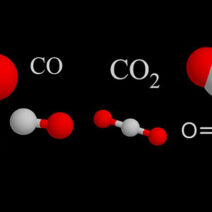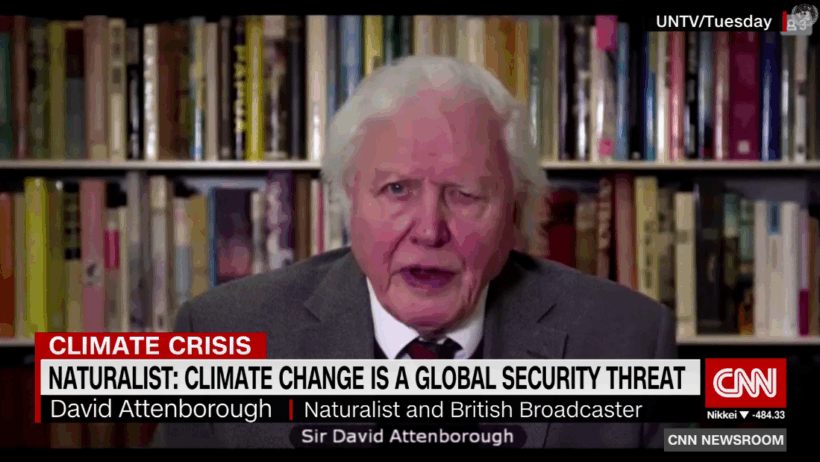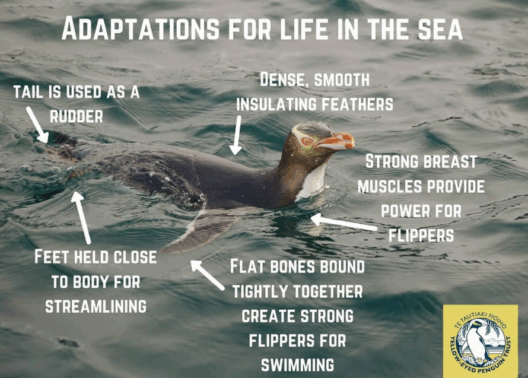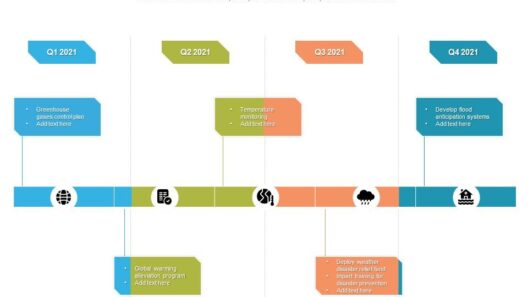International security is a concept traditionally associated with military threats, geopolitical tensions, and territorial disputes. However, an emerging and insidious risk looms over this landscape: global warming. As temperatures rise and weather patterns destabilize, the consequences of climate change extend far beyond environmental degradation; they pose a significant threat to international security. This multifaceted issue demands a thorough exploration, revealing not only the immediate dangers but also the latent complexities and interconnections that define our present and future realities.
The correlation between climate change and security is becoming increasingly evident. Disasters such as hurricanes, floods, and droughts disrupt economies and displace populations, creating what is termed “climate refugees.” These individuals often find themselves in regions ill-equipped to handle an influx of people. The resulting strain on resources—food, water, shelter—can precipitate conflicts among communities and nations. As the United Nations reports, projections indicate that by 2050, there could be as many as 200 million climate refugees. This unsettling statistic illuminates the peril inherent in climate-induced displacement.
Furthermore, dwindling resources due to climate change can intensify competition among nations. Water scarcity is a particularly acute issue, poised to escalate tensions in regions already teetering on the brink of conflict. For instance, shared water sources, such as the Nile River, may become battlegrounds between nations as demands exceed supply. The potential for such disputes underscores the urgency of collaborative governance surrounding resource management. Without proactive measures, these rivalries can lead to armed confrontations.
Beyond direct conflicts over resources, climate change can exacerbate socioeconomic disparities, stirring unrest within nations. Low-income countries, particularly in the Global South, are often the hardest hit by the effects of climate change. These nations frequently possess limited adaptive capacity due to economic constraints and weak infrastructure. When natural disasters occur, the impact on these vulnerable populations can be devastating, leading to civil strife and destabilization. An exacerbation of social inequality breeds resentment, which can thrust populations into turmoil, posing a threat to both national and international security.
The phenomenon of climate-induced conflict is not a hypothetical concern; historical examples illustrate this alarming trend. The Syrian civil war, widely blamed on political and social grievances, also has its roots in severe drought conditions. From 2006 to 2010, a prolonged drought decimated agricultural output, leading to widespread poverty and social unrest among rural populations. This destabilization, coupled with governmental failings, created the conditions for conflict. As global warming exacerbates weather-related anomalies, the frequency of such crises is expected to rise, thereby increasing the likelihood of similar conflicts emerging worldwide.
Moreover, the intricate relationship between international security and climate change extends to military operations. Armed forces are already adapting to the realities of climate change, which complicate logistics and operational planning. Extreme weather events can hinder deployment and supply chain operations, reducing military readiness. For instance, rising sea levels threaten naval bases, while increasing temperatures impact troop efficiency and health. Consequently, the armed forces face an imperative to integrate climate resilience into their strategic planning, investing in sustainable practices that mitigate these risks.
Globally, the potential for climate change to foster international tensions prompts a reevaluation of national security strategies. As nations begin to recognize climate change as a key security concern, the necessity for international cooperation becomes paramount. A transnational approach can ensure collective action against the threats posed by climate change, fostering diplomatic channels and shared objectives. Multilateral collaborations, such as the Paris Agreement, aim to unite countries in reducing emissions and building adaptive capacities. However, achieving genuine cooperation requires political will and a sense of urgency that is often lacking.
The economic dimensions of climate change also play a crucial role in this discourse. Many economies are intrinsically linked to natural resources that are jeopardized by climate change. Countries reliant on agriculture and fisheries face immediate existential threats as changing temperatures skew rainfall patterns and decimate fish populations. The deterioration of these industries can have cascading effects not only on national economies but also on regional stability. Protecting economic interests from the destabilizing effects of climate change necessitates a global response, transcending individual national agendas.
Technological innovation stands as a beacon of hope in addressing the evolving security threats posed by global warming. Enduring investments in renewable energy, green technologies, and sustainable agriculture can fortify nations against the vicissitudes of climate change. By pivoting toward environmentally sound practices, countries can enhance their resilience, reducing the likelihood of conflict over dwindling resources. Education and innovation foster the human capital necessary to tackle the challenges ahead and can be a proactive measure in mitigating the impacts of climate change.
In conclusion, the nexus of climate change and international security represents a complex and pressing global issue. As the planet warms and the consequences of climate change intensify, nations must confront the realities that threaten stability, security, and peace. Acknowledging the risks associated with climate-induced displacement, resource competition, and socioeconomic disparities is an essential first step. Through international cooperation, technological innovation, and sustainable practices, the global community can address these challenges. As the dialogue around climate change evolves, it is imperative that security considerations encompass not just traditional threats but the broader existential risks posed by a changing climate. Understanding and addressing these interconnected dynamics is not merely a matter of environmental stewardship but a fundamental requisite for ensuring a cohesive and secure future. Thus, the imperative magnifies: climate change is not just an environmental concern but a profound threat to international security that demands universal attention and action.








